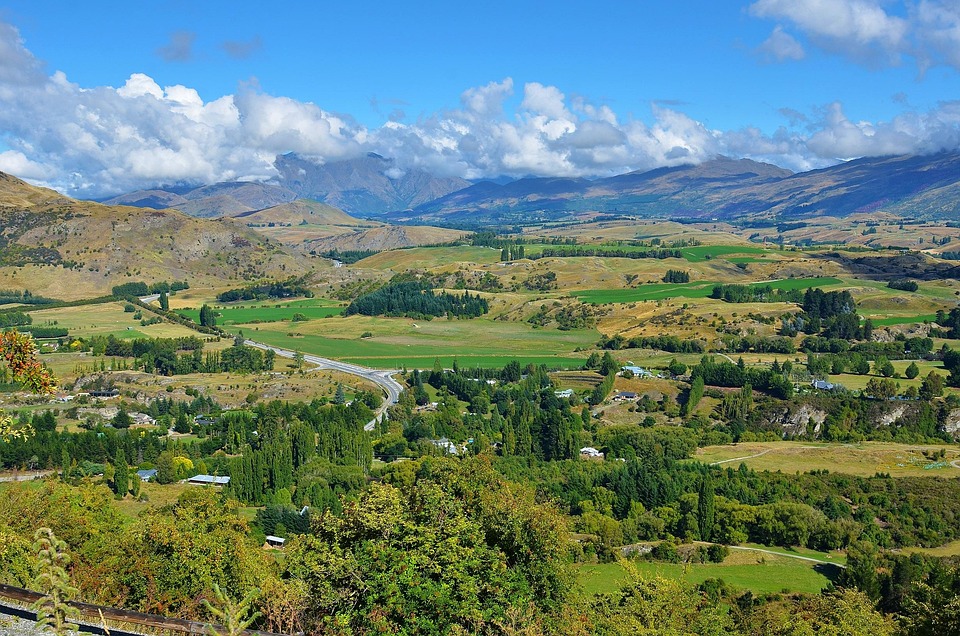During their mission from November 2 to 6, the three members of the Human Rights Council-mandate Commission of inquiry met with survivors, families of victims and human rights groups in Kyiv.
“People spoke of unimaginable suffering – homes destroyed, loved ones killed and lives turned upside down,” said President Erik Møse.
The investigators – who are not U.N. staff and receive no salary for their work – said they documented continuing violations of human rights and international humanitarian law, mostly committed by Russian forces and officials, including indiscriminate attacks, torture, expulsions and sexual violence.
These, they conclude, constitute war crimes and crimes against humanity.
The team also investigated abuses by Ukrainian forces, such as arbitrary detention and mistreatment of people accused of collaboration, although limited access prevented a thorough investigation.
Justice must prevail
After hearing the victims’ testimonies, investigators renewed their call for accountability and reparations. “Justice must honor those whose lives were deliberately cut short,” they said, emphasizing the need for mental health support and psychosocial support for survivors.
The visit follows latest report from investigators at the United Nations General Assembly, which detailed Russia’s coordinated actions to remove Ukrainian civilians from occupied areas and forcibly transfer them elsewhere.
UN regrets US withdrawal from human rights review
The UN Human Rights Council expressed his regret following the United States’ decision not to participate in a key review of its human rights record, scheduled for this week in Geneva.
This review, known as the Universal Periodic Review (UPR), is a process where all UN member states have their human rights performance reviewed by their peers.
The United States was due to appear before the Council working group on Friday but declined to do so – the first time the country has refused to participate in its own review.
Jürg Lauber (center), president of the UN Human Rights Council, chairs the meeting of the planned universal periodic review of the United States of America.
Postponed
Council members urged Washington to resume cooperation with the UPR and said they would postpone the review until 2026, although it could take place sooner if the United States re-engages.
The move follows the Trump administration’s recent disengagement from the Human Rights Council itself, although all UN member states that are not part of the 47-member Council remain observers, able to represent themselves during the proceedings.
The previous US withdrawal, in 2018 under the first Trump administration, did not prevent the country from participating in its 2020 UPR, making this year’s absence unprecedented.
Materials compiled for the planned review, including reports from UN experts and civil society groups, remain available online. The United States did not submit its own national report by the deadline.
The Council said it would continue its efforts to persuade the United States to return to the process, emphasizing that the UPR system relies on equal participation of all 193 UN member states.
Orlando Bloom highlights plight of Myanmar’s Rohingya
UNICEF Goodwill Ambassador Orlando Bloom visited Bangladesh this week to see the impact of severe cuts in humanitarian work on children living in the Cox’s Bazar camps.
The star actor met some of the 500,000 children at the sprawling camp, as well as their families.
They depend “100% on aid”, but it is decreasing, he warned.
The funding cuts threaten the education, health, protection and survival of people living in the camps, mainly Rohingya who fled persecution in neighboring Myanmar – many following a systematic military operation in August 2017.
“It’s a very transitional environment, there are so many people coming and going,” observed the veteran British actor and UNICEF champion.
Precarious and unstable
“We met a mother who just arrived and still feels like you just have to run away from the conflict. It was very unstable and dangerous. So it’s really a lifeline for these families in these communities and without their support, they have nothing.”
In June, UNICEF had to temporarily close most schools in Cox’s Bazar due to a lack of funding; nearly 150,000 children were affected.
And although young people of all ages recently returned to the classroom after a fundraising campaign, the threat of a looming funding gap in early 2026 risks closing all schools again, potentially affecting more than 300,000 children.
Originally published at Almouwatin.com







